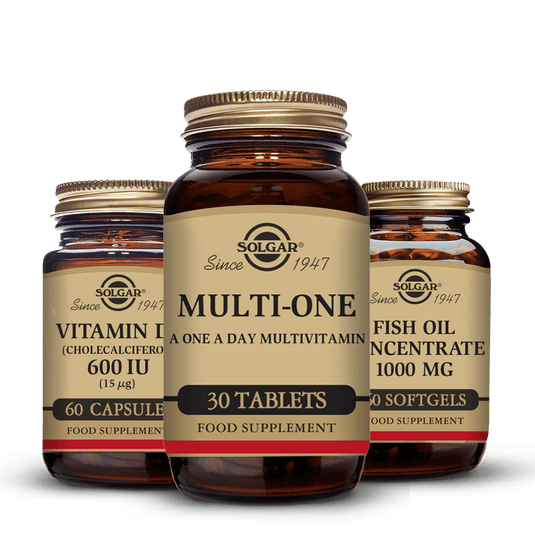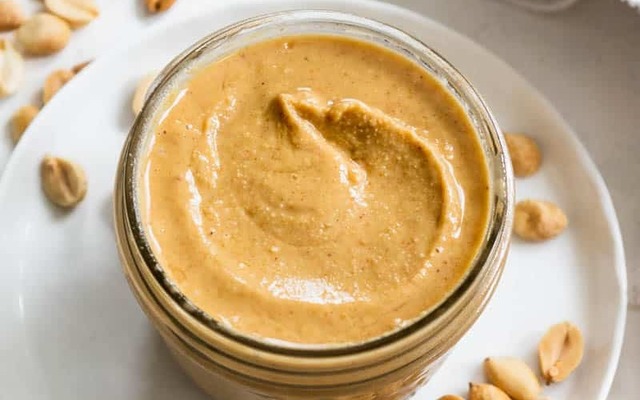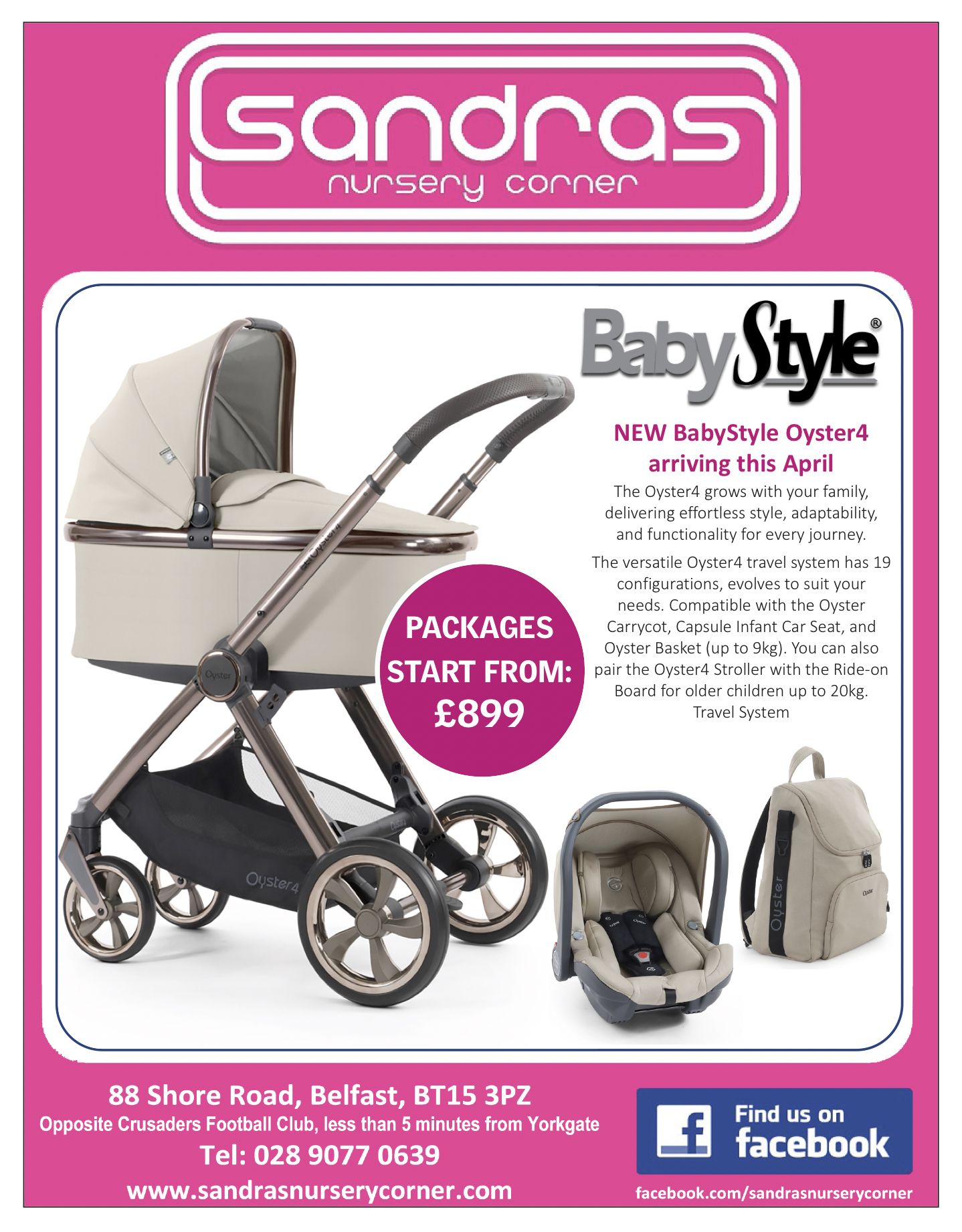JANUARY is the floodgate month where opportunists promise you magic solutions for your health.
Supplements are any product that aims to supplement your diet with nutrients that could be missing. You can get all the nutrients your body needs by eating a varied, balanced diet which includes fruit, veg, starches (bread, potatoes, rice, pasta etc), milk and dairy, or alternatives like soya, beans, peas and lentils, fish, eggs, meat, nuts, oils an seeds.
So what supplements might you need this January? All adults where we live are advised to take a vitamin D3 supplement between September and April due to the sun not being strong enough for your needs. If you follow a vegan diet, it’s a lichen supplement for vitamin D.
Women who are planning a baby or are in the first 12 weeks of pregnancy are advised to take a folic acid supplement. For those who don’t eat fish it is recommended to take an Omega 3 fish oil supplement. People that follow a vegan diet will need a natural algae supplement for Omega 3.
What about probiotics? You can get probiotics in Actimel, Biomel and/or Yakult drinks. As for vitamin C and the B-vitamins, if you eat berries, oranges, fruit, vegetables (i.e. five per day of the rainbow of colours) as well as three good portions of starch and dairy (or alternative plant-based milks) you won’t need these.
B&M and Home Bargains are the cheapest around and will provide the same benefit in supplements as the dearer High Street health stores. Always buy supplements from a reputable source (chemist, pharmacy, supermarket) and not from an unknown company on the internet. Some supplements may have interactions with medication, and some could cause adverse effects, so talk to your GP if in doubt.
• Lee McCusker (BA; MSc; MSc; MSc; ANutr; SENr) is a registered nutritionist from Belfast and can be found on Facebook, Instagram and Twitter. Email: attentive nutrition@gmail.com









